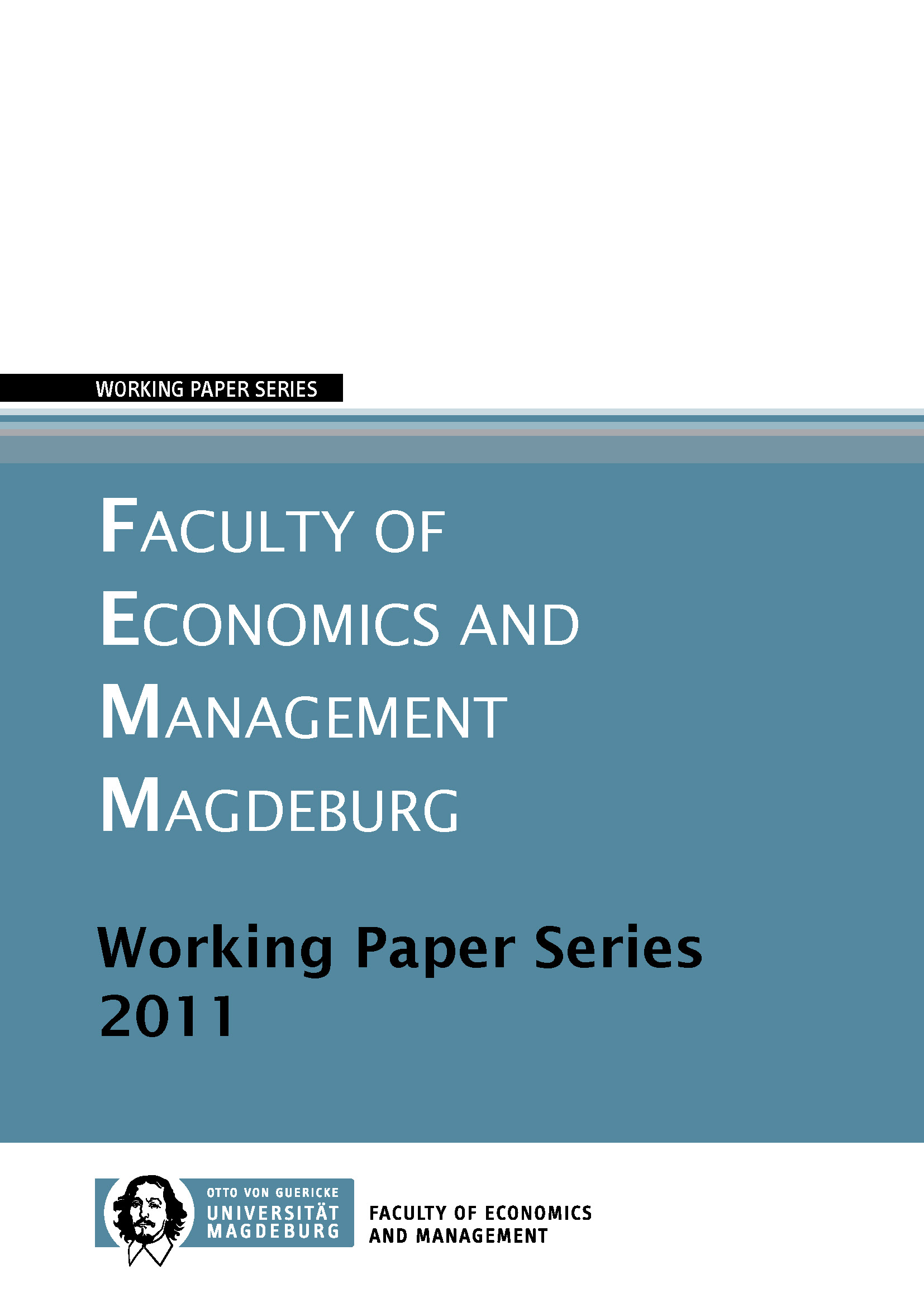Arbitrage opportunities between NYSE and XETRA?
A comparison of simulation and high frequency data
DOI:
https://doi.org/10.24352/UB.OVGU-2018-448Schlagworte:
financial markets, simulation, no-arbitrage condition, stochastic processesAbstract
This paper investigates both the no-arbitrage condition and the efficiency of financial markets by comparing two stock markets: the New York Stock Exchange (NYSE) and the German Exchange Electronic Trading System (XETRA). We analyze German stocks that are traded simultaneously at both exchanges using high frequency data for XETRA, the NYSE, and the foreign exchange rates. Converting Euro-prices into Dollar-prices reveals possibilities to explore the efficiency as well as arbitrage opportunities of these two stock markets using the phenomenon of stock price clustering. We see the result of differing extents of clustering on both exchanges, thus violating the no-arbitrage condition. We propose a trading strategy that exploits these differences. Furthermore, we compare our empirical findings with the results we obtain from simulating financial markets and conclude that simulations based on the no-arbitrage condition are not consistent with our empirical observations.


